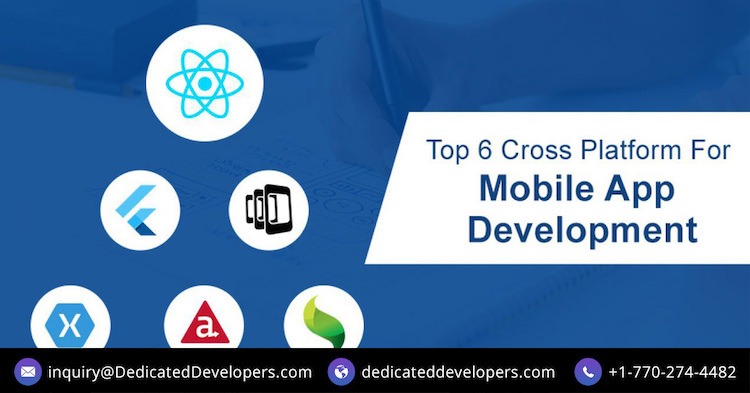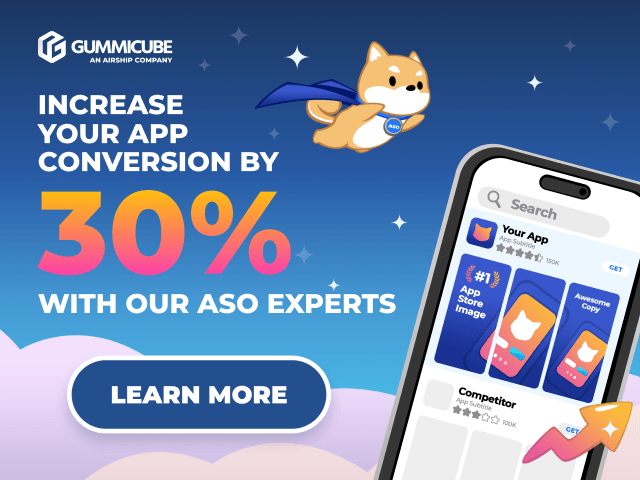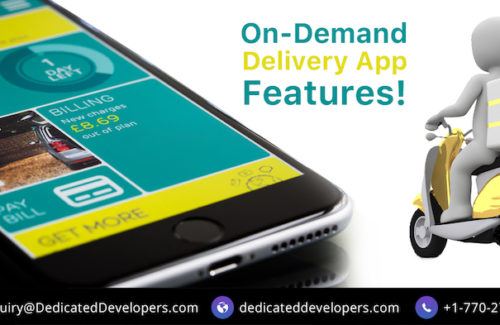The popularity of cross platform app development frameworks has increased tremendously because the Android and iOS devices are the most used smartphones and tablets in the world. Because of these framework’s ability to function on more than one platform, app developers in the USA, as well as businesses, love them.
Organizations all over the world are making use of cross platform app development frameworks because they want their digital presence on both the Android and iOS platform. In this article, we’ll discuss the types, benefits, disadvantages, as well as the top cross platform app development frameworks. Let’s talk about these frameworks basics.
What is a cross platform app development framework?
Cross platform app frameworks are frameworks that allow app developers in the USA to develop mobile applications that are compatible with different operating systems – mostly, iOS and Android. These frameworks allow developers to write code once and run it for other platforms anywhere. Even though cross platform app development frameworks come with performance problems, developers are still opting for its use because it saves money and time.
Related Article: Cost and Features to Develop a Web Application
Benefits of cross platform app frameworks
- Reusable Codes
The most significant advantage cross platform app development offers is the code reusability. A single code can be used for numerous platforms saving effort, time, and money compared to developing apps for different platforms separately.
- Cost-Efficiency
Compared to the development of native apps, cross platform app development offers a lower development cost. This is because the code can be written once and used for other platforms.
- Easy to Host
Cross platform apps are easy to host on different app stores as long as all the requirements are satisfied.
- UI Components Uniformity
Cross platform apps offer uniform native UI components of the device.
- Cloud Integration
It’s easy to integrate cross platform apps with a cloud environment. With the use of enterprise-grade plugins, integrating with the cloud can be done rapidly.
- Few Technical Barriers
Since there is no need to learn languages like Swift or Objective-C, app developers in the USA hardly encounter technical barriers. For cross platform app development, companies have to hire dedicated developers with experience with HTML, CSS3, and JavaScript.
- Short Time to Market
Cross platform apps offer short time to market and a broader reach because of the quick turnaround. Time to market is reduced because the app is available on different platforms at the same time.
Disadvantages of Cross Platform App Frameworks
- Limited Feature Support
Some cross platform frameworks do not support all the features of different devices and platforms. This issue will limit the mobile app development company in the USA from creating a top-notch app.
- Slow Code Running
Codes run the risk of running slowly, especially on occasions when there are too many codes running at the same time.
- Not Enough Tools Available
Some platforms may not support all the framework tools, and this will cause the mobile app development company in the USA to invest effort and time using native tools.
Related Article: 5 Key Strategies for Successful App Development
Top cross platform app frameworks
Ionic
Ionic is an open-source, cross platform framework licensed under MIT which makes use of HTML5 for translation. This framework has a similar design structure to AngularJS, and it can be used to build native-like hybrid apps and progressive web apps. Most developers love this framework because of its features and design elements.
The ionic framework has a large community that offers excellent development support to all users. This framework also boasts of a library of component, gestures, and tools; its native plugin simplifies app development. Companies should hire dedicated developers to use ionic framework to build progressive web apps. Apps made in Ionic look similar to native apps, and they perform similar to native apps as well.
Benefits
- It’s a free framework
- It combines HTML, CSS3, and JavaScript.
- It’s perfect for the development of Progressive Web Apps
Xaramin
Xaramin is a cross platform framework now owned by Microsoft which allows developers to create native Android and iOS apps using C#. Apps built with Xaramin do not have any performance issues because the apps are compiled prior to use.
Xaramin is open source and is well known for its recurrent testing and updates. Lots of big brands hire dedicated developers to use Xaramin to build their apps. A major benefit of this framework is that most of the code written can be used for other platforms.
Benefits
- This framework can be used for Android, iOS, and Windows
- Codesharing is facilitated with this platform
- Code can be shared across Windows andMacOS
React Native
Facebook launched React Native in 2015, and since then its popularity has increased. This framework allows developers to code using JavaScript – this, in turn, reduces the learning curve. A mobile app development company in the USA can preview results at once, thus reducing the development time.
React native offers features such as the accelerometer and camera, and it renders an app with a high-quality user interface. Companies like Airbnb, UberEats, and Bloomberg use React Native for their mobile apps.
Flutter
Flutter is an open-source, free framework launched by Google in 2017. Developers love using flutter because it boasts fast development time, and it allows for code preview within the device.
Flutter runs on the Drat virtual machine by assembling Dart source code to native code. This framework offers quick and adjustable gadgets on its rendering engine. Writing code on this framework takes less time, thus allowing for testing, feature adding, and bug fixing to be done in a relatively short time. It’s the best framework to use for a minimum viable product development. Alibaba and Google Ads use flutter framework.
Adobe PhoneGap
PhoneGap is a cross platform app development framework owned and sourced by Adobe that makes use of HTML5, JavaScript, and CSS. Like other cross platforms, PhoneGap allows developers to preview results on the device to make any code changes. With PhoneGap, developers can share the app with their team to get feedback.
This framework also has a cloud solution for developers that want to develop the app on the cloud directly. PhoneGap offers third-party tools access, a large community, and several plugins. This cross platform app framework makes use of an intuitive desktop to develop mobile apps.
To wrap it up
Businesses opt for cross platform app development frameworks because of their cost-effectiveness, high ROI, as well as short time to market. With cross platform frameworks, companies can get the best of both worlds with minimal cost.
To know more about Mobile App Development Solutions reach us at +1(770)274-4482 or visit our website Dedicated Developers. Reach us at inquiry@DedicatedDevelopers.com.












